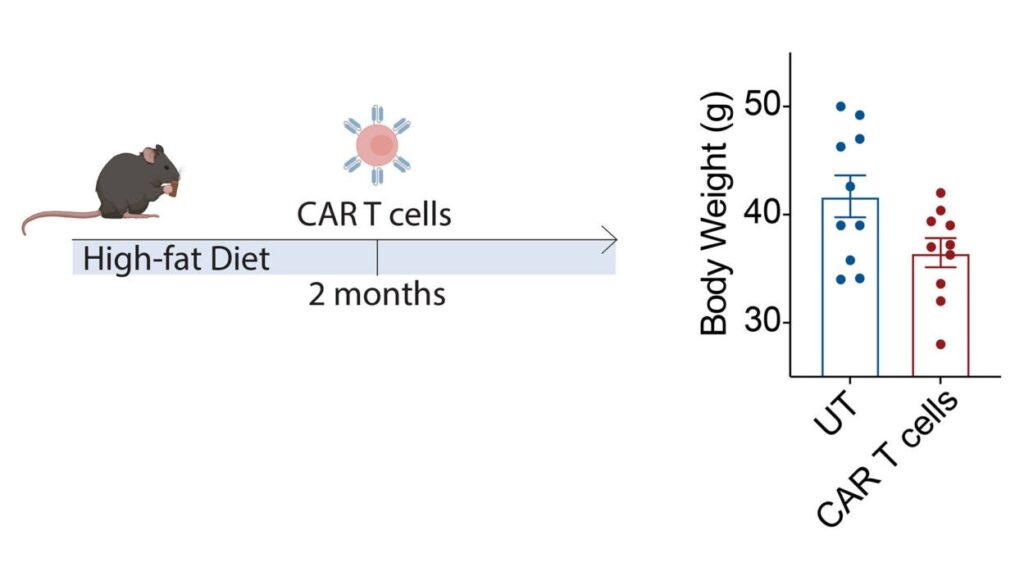In the field of regenerative medicine, recent research may have opened the door to a new era. The use of CAR T cells, commonly used in cancer therapy, now promises to become a key to slowing, and even reversing, the aging process.
The study, conducted by researchers at Cold Spring Harbor Laboratory in New York, marks a potentially revolutionary turning point in our understanding and management of age-related diseases.
The promise of T cells
The fulcrum of this innovative research, as mentioned, is the use of CAR T cells, already known in the oncology field, in a new battle: the one against aging. These cells play crucial roles in the immune system, with both offensive and supportive capabilities.
CAR T-cell therapy, so far focused on cancer, modifies these cells to recognize and destroy specific antigens present on tumor cells.
Targeting senescent cells

The team of researchers led by Corina Amor Vegas found that it is possible to reprogram CAR T cells to attack senescent cells, considered a major cause of aging and related diseases. As senescent cells stop multiplying (but not dying), they release chemicals that can cause chronic inflammation, a phenomenon known as “inflammaging.”
T cells, surprising results in studies on mice
By applying reprogrammed CAR T cells in aged mice, researchers observed significant improvements in metabolism and exercise tolerance. This treatment also slowed aging and protected against age-related diseases such as obesity and diabetes.
Interestingly, these cells remained active throughout the natural lifespan of the mice, suggesting a long-term effect of this therapy.
Implications for human health
This study not only opens new perspectives in the treatment of age-related diseases, but also raises important questions about long-term human health management. The potential applicability of a “T cell” treatment in humans could mean a radical change in the way we approach the aging process, moving from a reactive to a proactive and preventive approach.

The cartoon above shows a young mouse, treated with these cells, that ate a high-fat diet for two months.
The graphs show that, compared to untreated mice on the same diet, the treated mouse had a lower body weight.
Next steps and ethical considerations
Although the results from T cells are extremely promising (indeed, perhaps for this reason), it is essential to consider the ethical implications. There is a potential treatment here that could radically change our experience of aging, we need to take that into account.
Future research will need to investigate not only the efficacy and safety of these therapies in humans, but also broader questions regarding quality of life and the social impact of significantly prolonging human life.


